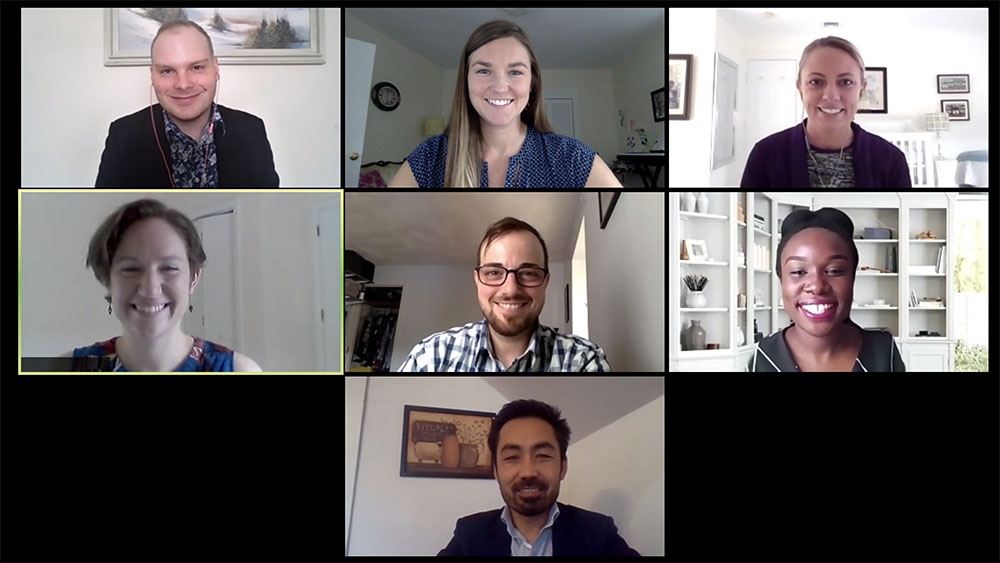
"The Team Consulting Project is an essential part of the Social Impact MBA," says Director Carole Carlson. "It provides students with an intense, semester-long team experience working as a team hand-in-hand with a mission-driven client to solve some of its most critical management challenges. Along the way participating students learn essential problem-solving, influence and presentation skills that will help them launch high impact careers after graduation, while honing their team skills and expanding their networks."
Learn more about these 2020 projects:
Revitalizing Financial Flows: Africano's Journey to Diversifying and Strengthening Revenue Streams; and Refining Mission, Defining Structure and Identifying Impact
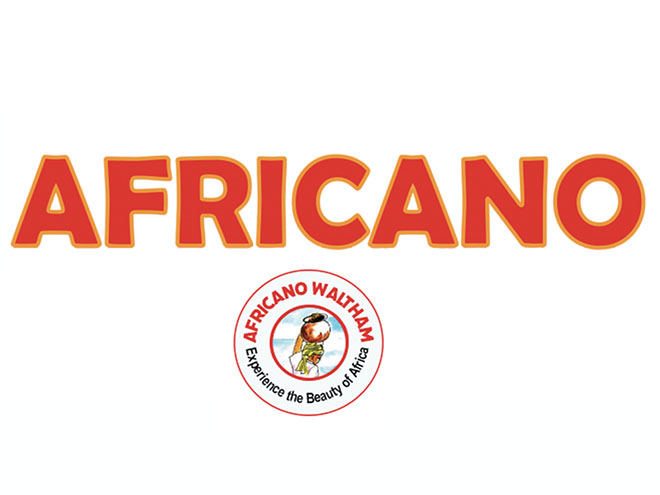
Africano, a volunteer-driven nonprofit, provides educational, cultural, and social support for Waltham’s Ugandan immigrant community. Two TCP teams tackled different aspects of Africano’s needs: finance and strategy. Key recommendations from the finance team included implementing systems for tracking and documenting financial information; using the Board of Directors to grow revenue; and improving donor tracking and communications. The strategy team’s recommendations included clearly defining the mission and work of the organization; impact tracking; improving organizational structure and staffing; and updating branding.
“The moment we met Africano's founder, Juliet Najjumba, we were drawn and inspired by her energy and exuberant passion to help her local community and create a vibrant space where the next generation can grow and thrive. Our work as the finance TCP team really just channeled all of Juliet's vision and efforts into streamlined processes that would create a firm financial foundation for years to come.”—Brontte Hwang, MBA/MA SID’21
Overlooked, Underfunded, Undefeated: Addressing the Persistent Inequity in Access to Capital for Founders of Color and Women with Reinventure Capital
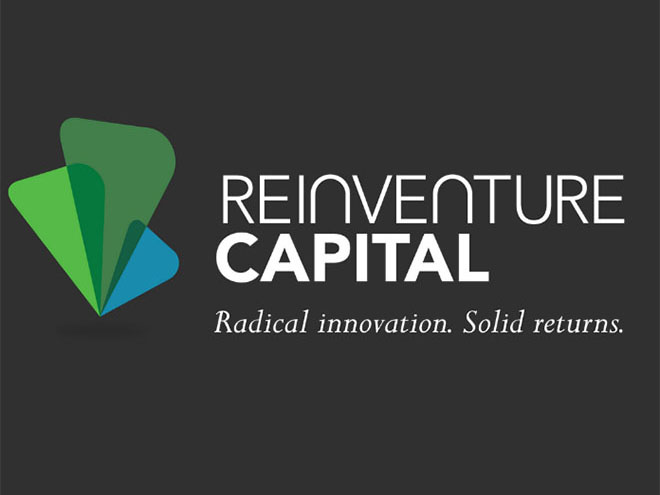
Reinventure Capital is an impact investing firm focusing on businesses led by women and people of color, which have been long overlooked by traditional venture capital firms. The team developed a series of recommendations with the ultimate goal of expanding opportunities for those who have been historically unjustly excluded from investment capital, linking smart financial returns to social justice impact.
“We were tasked with supporting the organization with developing strategies for attracting investors and founders to Reinventure Capital and creating the framework for a tool that would promote connections for founders to access investors. By leveraging concepts from our Strategic Management and Marketing courses as well as applying a human-centered design approach, we were able to share a set of strategies and blueprint for Reinventure Capital to further deepen its impact. Our recommendations focused on specifically providing new opportunities for Reinventure Capital to engage with founders, raise its $50M fund and further enhance its mission of creating a more level playing field for overlooked and underfunded founders.”—Amir Timorkhani, MBA/MA SID'20, Brian Kibler, MBA/MPP'22, Esther Abodunrin, MBA/MS GHPM'21, Katie Twomey, MBA'20, Meagan Benetti, MS, MBA'20, Robson Govine, MBA'20, Samantha Wechsler, MBA/ MA SID'21
On the Rise: Tools for Assessing the Feasibility of Housing with Public Assets in Boston
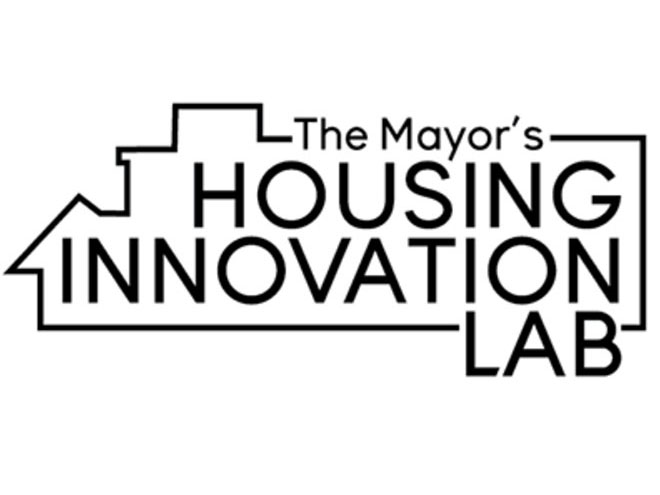
To address Boston’s housing crisis, this TCP team worked with the Housing Innovation Lab (iLab) through the Boston Mayor’s Office to support its Housing with Public Assets (HWPA) initiative, which aims to both develop more housing and improve city-owned assets. The team provided recommendations, tools and templates to help iLab better engage other government agencies, developers, and the local community to successfully launch HWPA. The TCP team also conducted two case studies to demonstrate the variability and process of implementing the recommendations and tools in different Boston neighborhoods.
“Working in local government and fixing the affordable housing crisis were shared interests that united our team from the beginning. Our student team dove into learning about current local housing projects, government funding mechanisms, Bostonians' love of free parking, and so much more. The creation of a cost-benefit analysis tool helped government stakeholders to determine the feasibility of implementing a new project while weighing multiple important factors and gave our team some deep Excel experience. Appreciating the community-centered approach of our client, we also developed a community engagement plan for introducing a new housing project to Roxbury and Charlestown neighborhoods.”—Abigail Sherburne, MBA’21
Cultivating Collaboration: Recommendations for the Massachusetts Food System
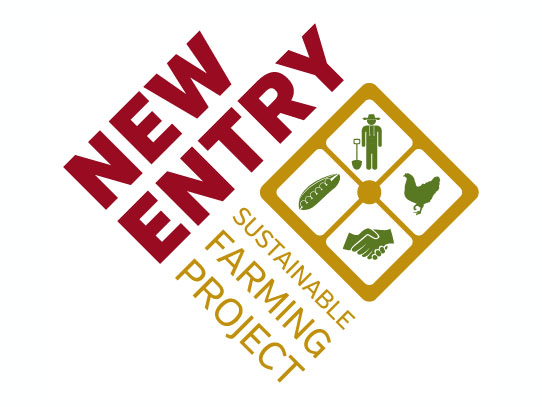
This TCP team worked with New Entry Sustainable Farming Project, which trains the next generation of farmers, particularly immigrants and refugees, with the aim of strengthening local food systems in Massachusetts and surrounding areas.
“Our client approached the Heller School with a TCP proposal to conduct a systems analysis and examine the gaps in collaboration among Massachusetts food system stakeholders. Key stakeholder interviews revealed that there was no single entity with an explicit mission to facilitate system-wide collaboration. Resource constraints including funding, staff, and infrastructure, as well as stringent regulation and lack of communication and metrics were all highlighted as major barriers to collaboration. Racial, economic, and environmental equity issues also emerged as key obstacles, with interviewees stating that the presence of food deserts and food apartheid were major contributors to the marginalization of minority and poor residents, which emphasized the need for community-led solutions. We suggested that the food system stakeholders introduce a dedicated organizational body with clearly identified goals to drive collaboration: a backbone organization as described by the Collective Impact (CI) model and a consortium.”—Ada Cruz-Torres, MBA’20
